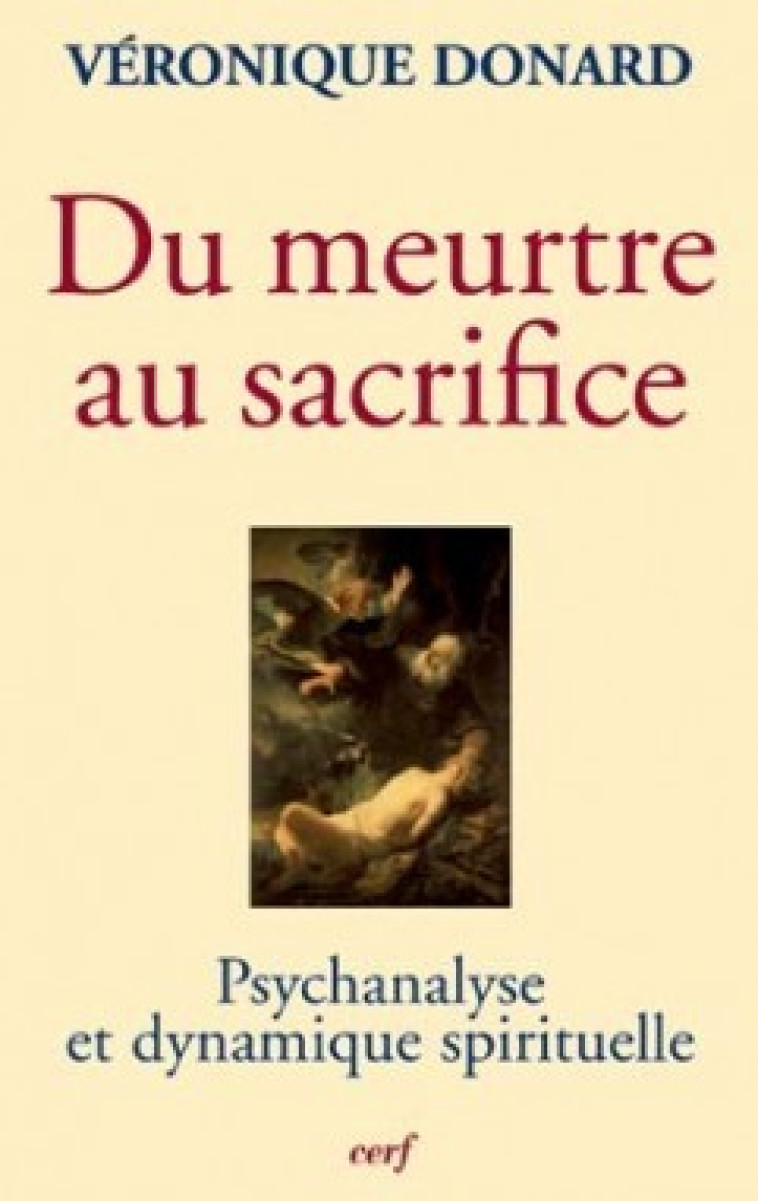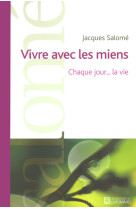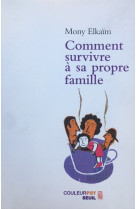Du meurtre au sacrifice
Véronique donard
Dans cet ouvrage, Véronique Donard propose une approche psychanalytique de la dimension spirituelle de l'être humain, tentant de saisir les processus spirituels à leur stade archaïque, dans leur universalité, en deçà de toute croyance ou confession. Pour ce faire, elle adopte une perspective interdisciplinaire, engageant un dialogue avec l'anthropologie, l'histoire des religions, la littérature, la biologie, la philosophie et la théologie. En suivant la notion de sacrifice dans des contextes différents — criminologie, mythes de création, métapsychologie pulsionnelle, étude du cas de Thérèse de Lisieux —, l'auteur démontre que, aux fondements de l'organisation psychique, il existe une position sacrificielle archaïque à adopter par le moi, en réponse à toute situation traumatique, et ce, même au stade le plus originaire de la psyché. À cette position correspond un fantasme sacrificiel, qu'il est proposé de classer dans la catégorie des fantasmes originaires, et qui serait par conséquent universel. De cette organisation originaire sacrificielle et du fantasme qui la sous-tend naîtrait la logique spirituelle qui guidera le sujet dans son développement psychoaffectif, l'aidant à se structurer, jusqu'à aboutir ou non à son adhésion à un idéal du moi sous-tendu par des idées proprement religieuses. La pertinence de cette approche novatrice en psychanalyse repose dans la mise en évidence d'une dynamique spirituelle qui participerait activement à la structuration psychique du sujet, permettant de penser la spiritualité indépendamment de toute croyance religieuse explicite.
--
In this book, Veronique Donard explores the spiritual dimension of the human being through the prism of psychoanalysis. She strives to seize the spiritual process at its archaic level and in its universality, beyond all beliefs and religions. To do this, she adopts an interdisciplinary perspective, creating a dialogue with anthropology, the history of religions, literature, biology, philosophy and theology. By following the notion of sacrifice in different contexts - criminology, the myths of creation, instinctual meta-psychology, the case of Therèse de Lisieux - the author shows that in the basic organisation of our psyche, there exists an archaic sacrificial position which is adopted by the ego in response to all traumatic situations, even at the most original stage of the psyche. There is also a corresponding sacrificial phantasm, which the author suggests we should include in the category of original phantasms, consequently universal. From this original sacrificial organisation and its underlying phantasm emerges a spiritual mindset which guides the being in its psycho-affective development assisting construction, and in certain cases, reaching the point of adhesion to an ideal of the ego built on specifically religious ideas. The pertinence of this innovative psychoanalytical approach depends on the demonstration of a spiritual dynamic that participates actively in the construction of the individual psyche, permitting the reflection of spiritual matters independently of all explicitly religious beliefs.








